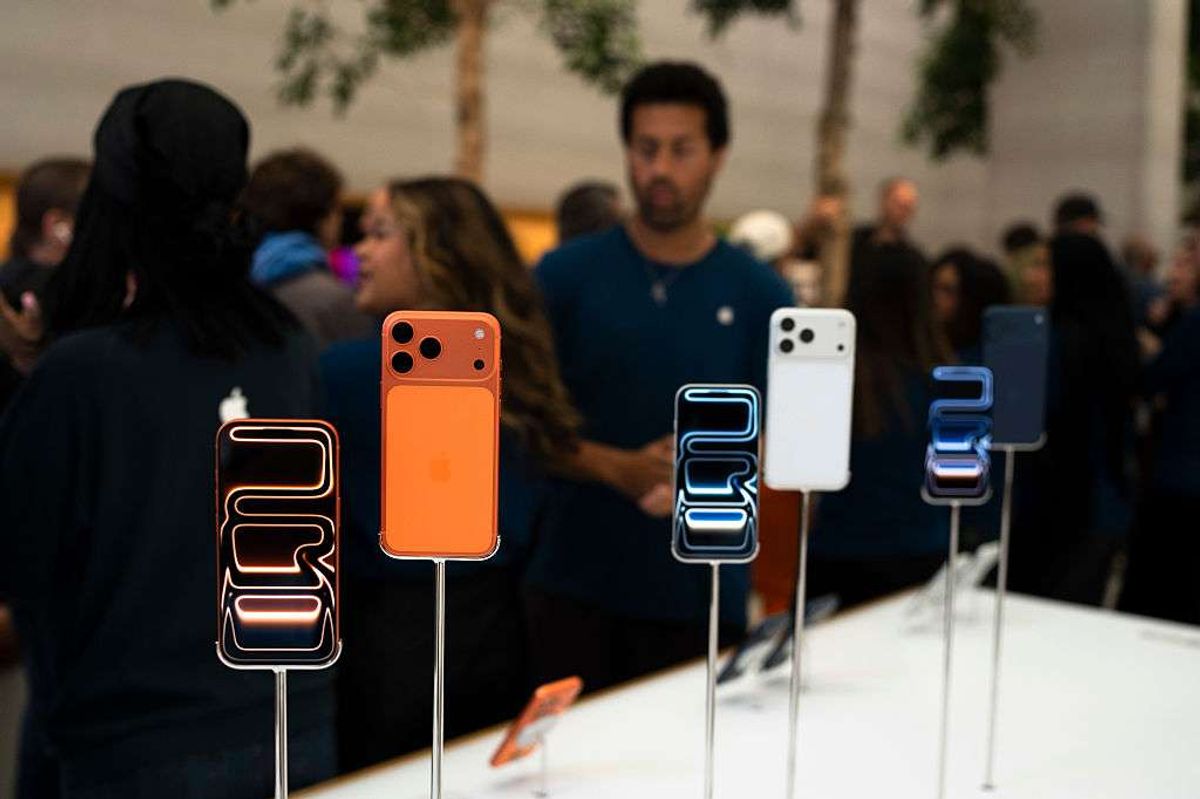Retail sales climbed for a fourth consecutive month in September, with volumes up 0.5 per cent, according to the latest data from the Office for National Statistics (ONS). The rise was driven by continued strength in non-store retailing, up 1.5 per cent, and a 1.2 per cent increase in household goods sales.
The ONS said total retail volumes grew 0.9 per cent in the three months to September, buoyed by warm weather in July and August which boosted clothing sales, while online and mail-order retailers recorded their eighth straight month of growth. September’s performance also takes total volumes to their highest level since July 2022, though still 1.6 per cent below pre-pandemic levels.
Online spending values rose 1.4 per cent month on month and 5.6 per cent year on year, lifting the online share of total sales to 28 per cent, up from 27.8 per cent in August.
Economists welcomed the continued recovery but warned that uncertainty around next month’s Budget could cool spending in the crucial pre-Christmas trading period.
Jacqui Baker, head of retail at RSM UK and chair of the ICAEW Retail Group, said September’s figures showed consumers were still willing to spend despite ongoing cost pressures. “Consumers spruced up their homes as we headed into autumn and the new iPhone release boosted technology sales,” she said. “Despite incomes being squeezed, households continue to spend as demonstrated by a run of positive sales for the last four months.”
But Baker cautioned that “sticky inflation and budget uncertainty” could soon weigh on confidence. “There’s every possibility constant speculation could suppress consumer confidence in the lead-up to the Budget. Retailers may be entering a more challenging period during what should be their busiest time of year,” she said.
She added that the upcoming Budget was a key moment for the sector: “It’s the chancellor’s opportunity to kickstart the UK economy and relieve pressure on the retail sector, including the current business rates burden. Until then, retailers are currently stuck in limbo, with many putting investment and hiring decisions on hold as they wait for the outcome of the budget.”
Thomas Pugh, chief economist at RSM UK, said September’s data showed “retail sales volumes shrugged off any budget-generated uncertainty,” but warned of headwinds ahead. “Rising inflation combined with slowing wage growth means real wages have already dropped from 2.1 per cent in January to just 0.6 per cent in August,” he noted. “The likely fiscal consolidation coming in the budget will probably be in the range of £30bn, most of which will fall on households, dragging on disposable incomes.”
Still, Pugh said there were “reasons for optimism”, including potential interest rate cuts early next year and high household savings that could cushion the blow.
Meanwhile, Nicholas Hyett, investment manager at Wealth Club, said the surge in sales had “smashed expectations”.
“A strong result from non-store retailers, particularly computing and telecoms, suggests confidence is returning,” he said. “But it's increased demand for gold from online jewellers that is most interesting. On the one hand expensive jewellery is the kind of discretionary purchase consumers tend to make when they're feeling flush with cash, on the other gold is a safe haven in times of uncertainty. It's unclear which of those contradictory urges is driving demand.”
“Either way,” he added, “it looks like the British public have indulged in a healthy dose of retail therapy in September. It's just unclear whether that's to block out the coming winter gloom or reflects a fit of high spirits.”





